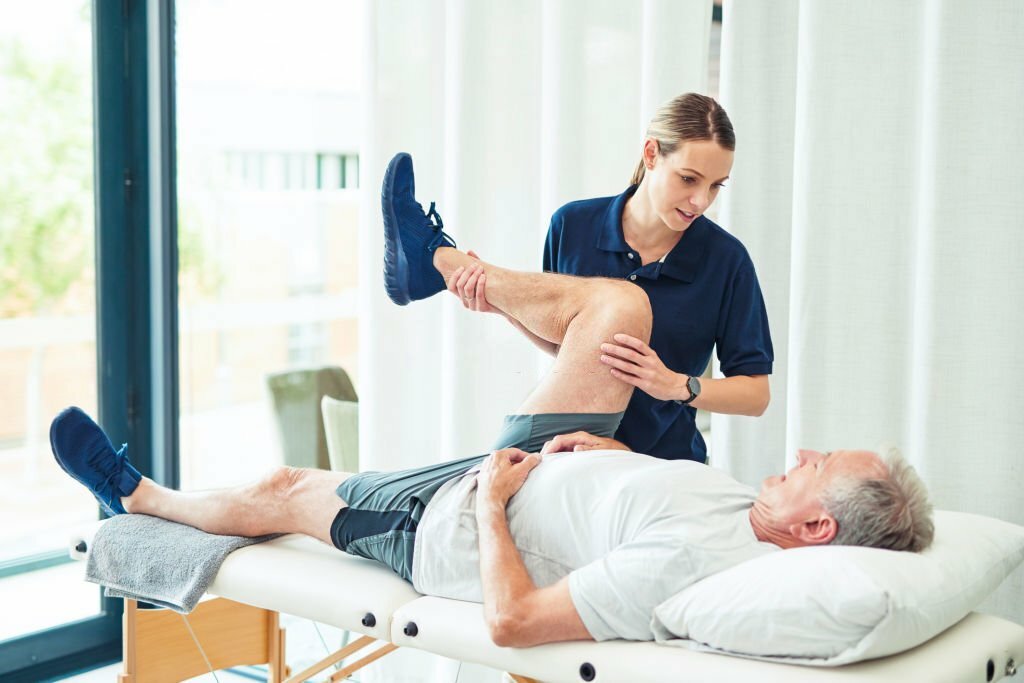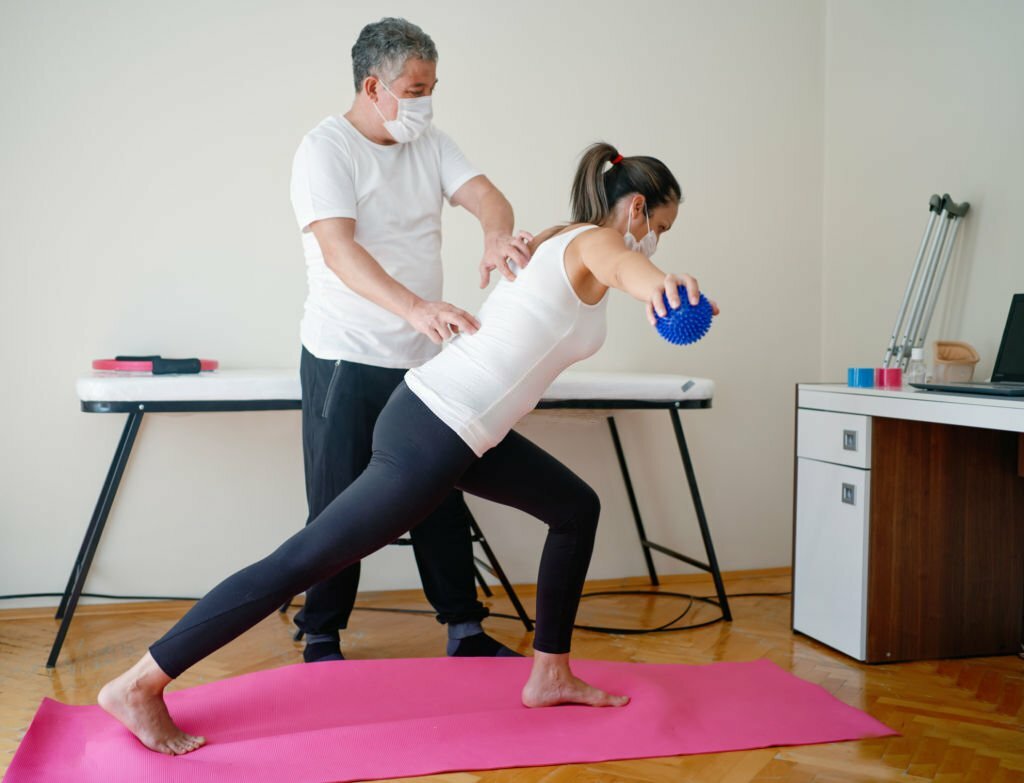In the world of sports, the physical demands placed on athletes often lead to injuries, which can have far-reaching implications beyond the visible wounds. These injuries frequently result in not just physical pain but also emotional and psychological trauma, affecting an athlete’s mental well-being and potentially derailing their career.
However, amidst this challenge, cosmetic surgery has emerged as an unexpected yet powerful ally, offering more than aesthetic enhancements and playing a significant role in supporting athletes through their injury recovery journey.
The Psychological Impact of Sports Injuries
The psychological impact of sports injuries extends far beyond the physical realm, often causing profound emotional distress and identity upheaval among athletes, challenging their mental resilience and sense of self-worth.
Injuries not only disrupt their physical abilities but also trigger fears, anxiety, and a loss of confidence, creating a significant psychological burden that impedes their recovery journey.

1. Understanding the Psychological Fallout
Sports injuries transcend the physical realm, inflicting emotional scars that can be as debilitating as the physical pain. Athletes, whose identities are often intertwined with their physical abilities and prowess, face a profound sense of loss and uncertainty when injured.
The abrupt disruption of their routine, coupled with fears about their future performance, can lead to severe emotional distress.
2. Mental Health Challenges Post-Injury
Depression, anxiety, and a loss of confidence are common psychological challenges athletes encounter after sustaining injuries.
The inability to perform at their peak, coupled with concerns about their recovery timeline and potential long-term impact on their careers, creates a mental burden that often goes unnoticed but profoundly affects their rehabilitation process.
Cosmetic Surgery
Cosmetic surgery now serves as an essential tool in sports medicine, primarily focused on enhancing athletes’ performance by boosting their physical and mental abilities after an injury.
Its transformative effects not only restore the body but also elevate an athlete’s mindset, creating a remarkable turnaround in their rehabilitation process.
1. Reconstructive Surgery in Sports Medicine
Cosmetic surgery has transcended its traditional boundaries and found a niche in sports medicine, particularly in the realm of reconstructive surgery.
While its primary aim is to restore function and aesthetics, innovative techniques have been developed to address sports-related injuries. To delve deeper into the world of cosmetic surgery in sports medicine and explore advanced techniques, visit here for more information about cosmetic surgery.
Procedures such as tendon repair, cartilage restoration, and scar revision not only aid in physical recovery but also play a pivotal role in an athlete’s psychological rehabilitation.
2. Psychological Benefits of Cosmetic Procedures
Beyond physical restoration, cosmetic surgery offers profound psychological benefits. By restoring an athlete’s physical appearance to its pre-injury state, these procedures play a crucial role in rebuilding self-esteem and confidence.
This mental boost often expedites the overall rehabilitation process, allowing athletes to regain their footing both physically and emotionally.

Case Studies: Success Stories in Athlete Rehabilitation
These case studies vividly portray the transformative impact of cosmetic surgery in athlete rehabilitation, showcasing not only the restoration of physical function but also the profound enhancement of mental well-being.
It illustrates the symbiotic relationship between physical recovery and psychological resilience.
1. Overcoming Adversity Through Surgery
Real-life examples demonstrate the transformative impact of cosmetic surgery on athlete rehabilitation. Athletes who have undergone reconstructive procedures not only recovered their physical abilities but also experienced a notable improvement in their mental health.
These success stories illustrate the symbiotic relationship between physical recovery and psychological well-being.
2. The Intersection of Medicine and Psychology
The most effective rehabilitation strategies often involve a multidisciplinary approach. By integrating cosmetic surgery with psychological support, medical professionals in the sports industry can offer a holistic treatment plan that addresses both the physical and emotional aspects of an athlete’s recovery.
Long-term benefits include improved mental resilience and a reduced likelihood of re-injury due to enhanced confidence.
Ethical Considerations and Future Perspectives
Ethical considerations surrounding the expanding use of cosmetic surgery in sports demand a delicate balance between performance enhancement and athlete welfare.
Future perspectives emphasize advancements in technology and an integrated approach prioritizing mental health alongside physical recovery for athletes.
1. Ethical Discussions
As the use of cosmetic surgery in sports medicine expands, ethical discussions arise regarding its boundaries. Balancing the desire for optimal performance with the principles of athlete health and fair play remains a delicate challenge.
Striking a balance between enhancement and rehabilitation while ensuring athlete autonomy and informed consent is paramount in ethical decision-making.

2. Future Trends and Possibilities
Looking ahead, advancements in technology hold promising prospects for the intersection of cosmetic surgery and athlete rehabilitation.
Cutting-edge techniques, such as regenerative medicine and minimally invasive procedures, could revolutionize the treatment of sports injuries.
Additionally, a more integrated approach that prioritizes mental health alongside physical recovery is anticipated to shape the future of athlete care.
Conclusion
Cosmetic surgery’s role in aiding athletes transcends mere physical restoration; it offers a pathway to emotional and psychological healing. The integration of cosmetic procedures into athlete rehabilitation centers signifies a nuanced understanding of the interconnectedness between physical and mental well-being.
As the conversation evolves, ethical considerations will guide the responsible use of cosmetic surgery, ensuring it remains a supportive tool in promoting both the physical recovery and mental resilience of athletes in their journey beyond injury trauma.



